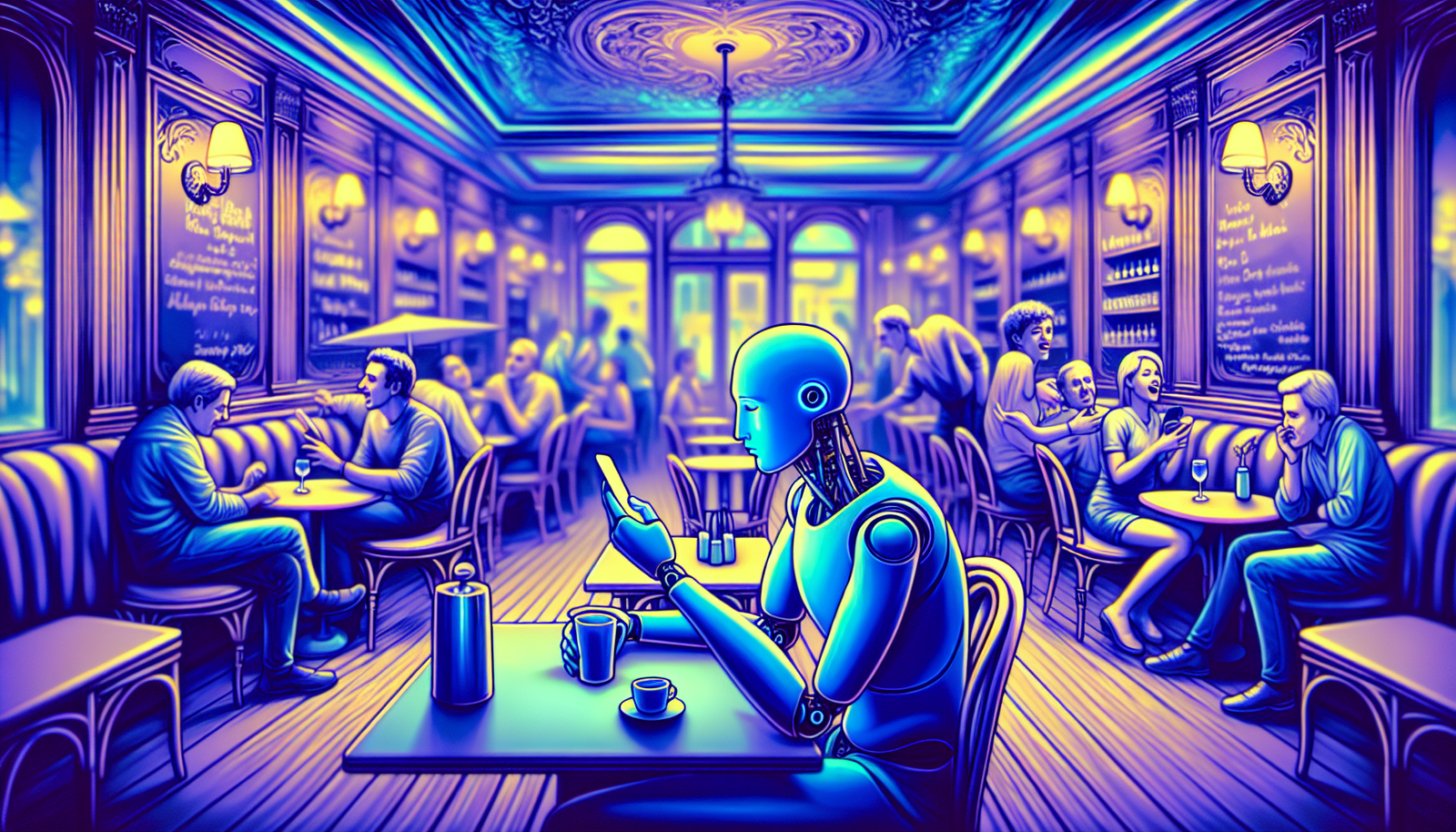AI Lucie, the French embodiment of technological innovation, has suspended its activity after a particularly tumultuous launch. Users, faced with nonsensical responses, did not show mercy. This situation illustrates a fundamental challenge for artificial intelligence and its integration into society. The designers of this state-supported project promised an AI based on transparency and education. Feedback from online users reflects an alarming dissonance between the ambition and reality of this technology.
Suspension of AI Lucie’s Activity
The artificial intelligence project Lucie, the French counterpart to ChatGPT, has just announced its temporary suspension. This decision was motivated by the massive and often mocking feedback from users on social media. The AI, which was launched on January 23, 2025, experienced a tumultuous debut, surviving only a few days before facing harsh criticism.
Reasons for the Closure
The creators of Lucie, supported by the state, acknowledged significant gaps in the responses provided by their tool. Users, seeking straightforward answers, often received baffling results. For example, Lucie claimed that the number of “r” in the word strawberry was “one,” when in fact there are three. This sparked a wave of mockery online, damaging the project’s credibility.
An Premature Launch
The release of a statement from the creators demonstrated an awareness of their overenthusiasm. Lucie was launched in an experimental framework, while the designers admit that it would have been wiser to take the necessary time to refine the model. They emphasized that Lucie is primarily an academic research project, still in the initial phase.
An Artificial Intelligence to Rework
With the rights of automation and public trust in decline, the French AI now seeks to focus on improving the quality of its responses. The designers insist that Lucie is not a knowledge model, but rather a language model, sometimes generating biases and errors. They hope to produce more coherent answers in the future.
The Teaching Challenge
Lucie aimed to adapt to the educational sector starting in 2025. The negative feedback on the AI’s performance calls into question its relevance in this field. The creators indicated that they are seeking support to refine their model in order to avoid errors in the education domain.
An Uncertain Future
The creators expressed their desire to emerge from this crisis, emphasizing a need for calm and time to rework their AI. This project, now suspended, risks leaving lasting repercussions on the perception of French AIs. Their statement suggests a precarious future for the tool if it does not manage to restore its reputation.
Academic and Institutional Support
The project, led by Linagora in collaboration with the CNRS, was to benefit from the know-how of experts in artificial intelligence. This alliance represents a challenge for technological development in France against giants like OpenAI. The quest for training data to improve Lucie will now be crucial for its redesign.
The Case of Lucie as a Warning
Lucie serves as an example of the challenges faced by artificial intelligence projects. The necessity to monitor the quality of tools before their deployment proves to be more essential than ever. This case paves the way for a reconsideration of the haste surrounding the launch of AIs in the market.
Frequently Asked Questions about AI Lucie
Why was AI Lucie suspended so quickly after its launch?
Lucie was suspended due to an avalanche of negative feedback and mockery on social media, barely two days after its launch. Critics highlighted many gaps in its responses.
What was the main objective of the Lucie project?
The goal of Lucie was to experiment with an open-source language model based on artificial intelligence, supported by the French government, with a particular focus on education and transparency.
How did the developers of Lucie react to the temporary closure?
The creators of Lucie expressed regret for launching the project too quickly and acknowledged that they needed more time to improve the system and communicate better about the project.
What types of problematic responses did Lucie provide during its use?
Lucie gave incorrect answers to simple questions, such as the number of “r” in the word “strawberry,” and made absurd estimates, leading to mockery of its relevance.
Who is behind the development of AI Lucie?
The project was developed by Linagora in collaboration with the CNRS, as part of an initiative to create a French version of ChatGPT.
What is the planned future for AI Lucie after this suspension?
The creators plan to rework the system taking into account user feedback before considering a new launch, but no specific date has been announced.
Was AI Lucie intended for commercial or educational use?
Lucie primarily aimed for educational use, with the intention of becoming an educational tool by 2025, but the initial feedback received jeopardizes this perspective.
What are the main challenges Lucie must face to succeed?
Lucie needs to resolve issues of information accuracy, language algorithms, and improve communication to avoid misunderstandings and unrealistic expectations.
Is it planned for Lucie to be tested by the public again?
While the possibility of a new test is not ruled out, it will depend on the improvements made and the public’s reaction to the changes implemented.






